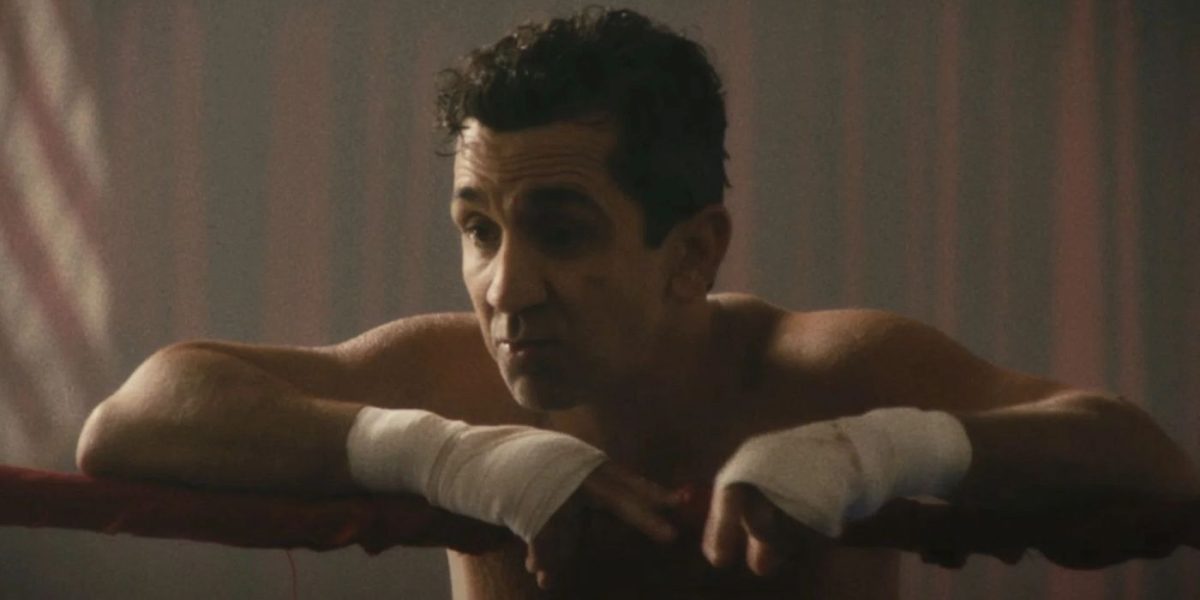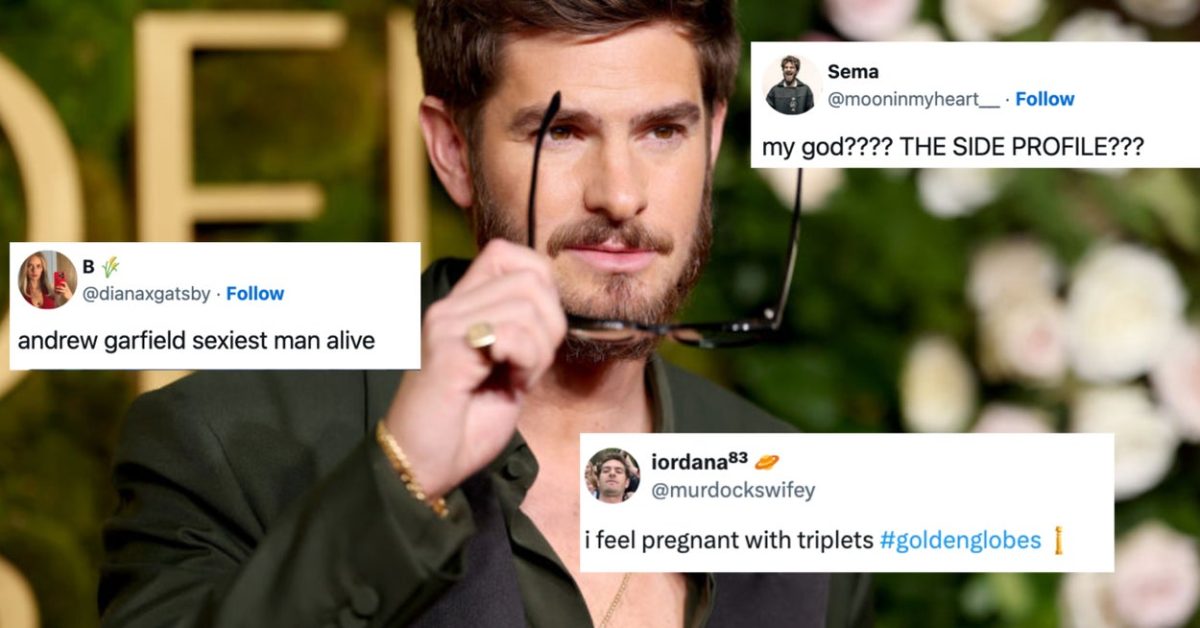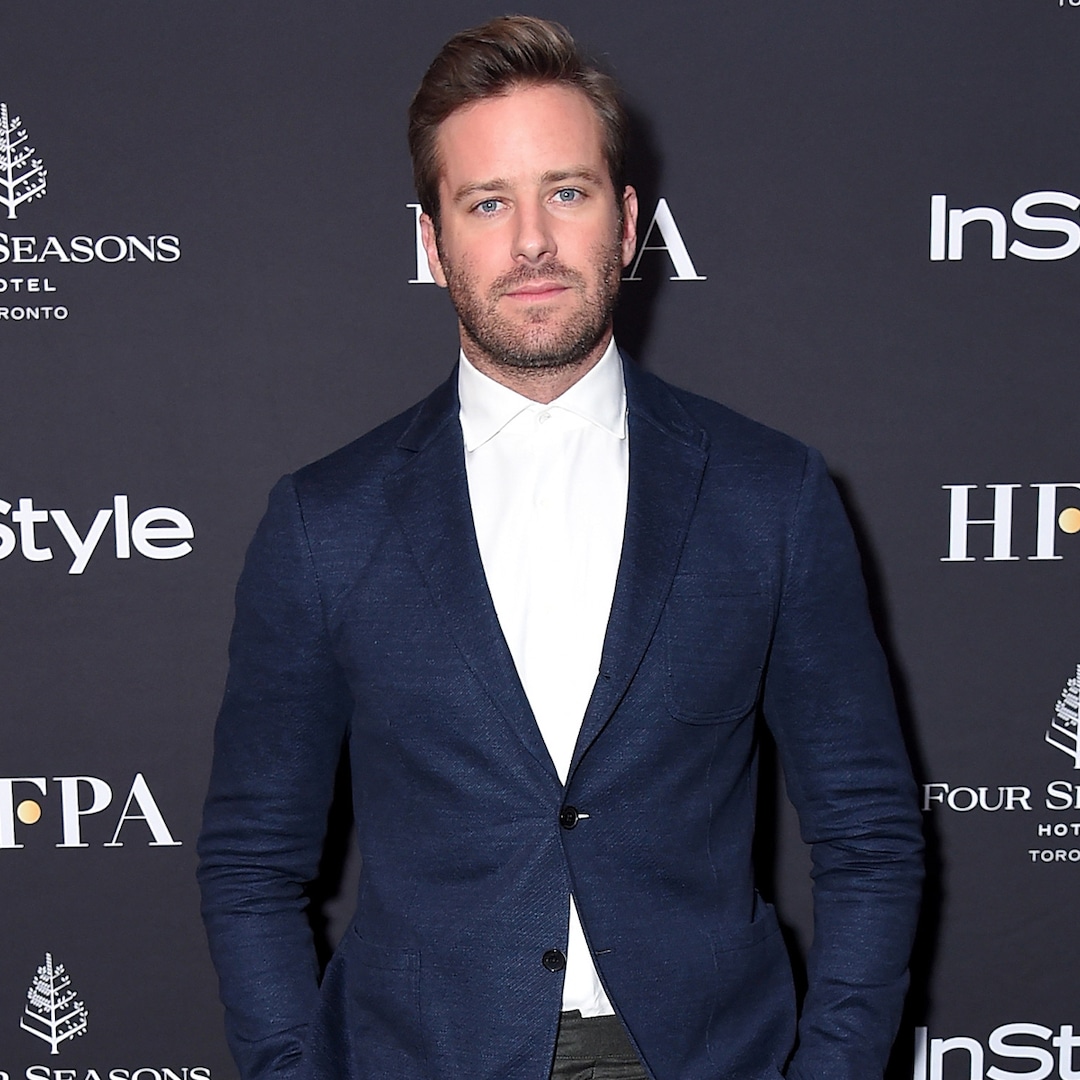
A Moving History of the Decline and Fall of a Featherweight Empire
Oct 3, 2024
In 1946, boxing history may or may not have been made. It was a featherweight bout between Guglielmo Papaleo, better known as Willie Pep, and Jackie Graves. The fight lasted for 8 rounds (out of 10 scheduled) and ultimately called for Willie Pep via TKO. But the most controversial, history-making moment came in the 3rd round. According to boxing lore, Willie Pep won the third round of the Graves fight without throwing a single punch, a claim that Pep maintained throughout the entirety of his life. Coverage of the bout diverged on the reality of that fact, with modern analysis holding that it was unlikely to be true. It is worth noting that newspaper coverage at the time also diverged on basic, equally obvious facts like knockdowns (so we’ll never know), but the longevity of the claim stems from one undisputed fact: Willie Pep was a genuine legend, known for his exceptional defense and spectacular footwork. In a way, Robert Kolodny’s The Featherweight is about the Willie Pep after that Willie Pep.
What is ‘The Featherweight’ About?
Set in 1964, an aging and indebted Willie Pep (an excellent James Madio) allows a direct cinema-style camera crew to follow him around as he prepares to take on another fight at the tail end of his long career, hopefully with the support of longtime trainer Bill Gore (Stephen Lang). The winning fighter’s final days are long behind him, so much so that he’s facing considerable financial difficulties. Pep lives with his young wife Linda (Ruby Wolf), a hopeful actress whose dreams left when they vacated New York, alongside his resentful, drug-loving son Billy Jr. (Kier Gilchrist), and his otherwise tense family. Economic tension, nostalgia for the good ol’ days, declining prospects, and boredom provoke his decision to enter the ring in an era when he has considerably less Pep in his step. It’s an unusual approach to a historical biopic, as following around a historical figure with a camera crew is far more prominent in our contemporary era, but it’s an approach that makes sense in context and adds considerable closeness to its subject alongside the additional tension of the ever-persistent crew.
The End of an Era Haunts Willie Pep in ‘The Featherweight’
Image via mTuckman Media
The Featherweight is first and foremost a novel outing for its unique choice of perspective regarding the life of one of the best defensive boxers of all time, a focus on the man more than the ring exploits in an era where his wildly notable accomplishments are well behind him. For a little context, Manny Pacquiao is one of history’s greatest recently retired boxers. Pacquiao racked up an impressive 62 wins out of 72 bouts spanning eight divisions (including featherweight) between his 1995 pro debut through his 2021 retirement at the age of 42. Easily one of the best to ever get in the ring. Willie Pep, fighting in an earlier era, won 229 out of 241 fights with only 11 losses (1 draw), and is the only person in boxing history to have two unbeaten streaks of over 60 bouts. It’s an incredible career, and director Robert Kolodny is bold in the choice to highlight the twilight of the man instead of the roster of victories.
There’s a way in which this slice of narrative is a blessing, and there’s a way in which it’s a curse. On the one hand, James Madio is excellent as Pep longing for the days of yore, with a strong and earthy pathos that certainly feels at times like his threads are genuinely unraveling. Ruby Wolf, here making her feature film debut, is electric as Linda, at odds with both Pep for his carelessness around her acting dreams and with Billy Jr., who resents her in turn for ‘replacing’ his mother. There’s ample familial drama as Pep’s frustrations and declining prospects rub against Linda’s generational divide and hope for the future. Giving a window into Pep’s decline is a strong source of dramatic tension, amplified by the self-conscious presence of the camera crew’s intrusion into sensitive moments.
On the other hand, it’s a little frustrating to follow a boxing legend with so much mythology around his fights in a long career, and yet there are so few of those moments on display. It’s tempting to leave hoping an additional, surprise biopic is waiting in the wings to cover his earlier life. It would be akin to someone penning a biography of Paul McCartney that largely ignores most of his life and career in favor of centering Back to the Egg’s studio sessions. If you’re thinking ‘what is Back to the Egg, Jeff?,’ that’s exactly the point: the extent to which the extraordinary moments are lacking is palpable. Dramatically, seeing a greater array of heights would also ground and heighten an audience’s sense of Pep’s fall (even including familial tension), whose effects we see but without the context of the whole.
Altogether, these issues don’t considerably weigh down The Featherweight, which shines thanks to strong central performances and a great script. James Madeo gives Pep the wonderfully dulled look of a man whittled away by time, while the youthful dreams of Ruby Wolf’s Linda press against his desires on practical and energetic levels. Steve Loff’s screenplay captures this tension alongside other complex emotions, while Adam Kolodny’s cinematography casts an ever-present eye. It’s a persistent gaze that frequently becomes part of the narrative, between Pep’s frustrations at being viewed in darker moments to Linda’s longing to be in front of the camera. It all builds into a solid ground-level biopic on a once-great life in decline.
A Moving Look At A Man Who Was, And Could No Longer Be, A Contender
Image via Tuckman Media
The pseudo-cinéma vérité style of filmmaking has wildly expanded from its relatively rare roots into a commonplace part of our film and TV landscape. Intending to evoke the heightened realism that’s implied when a camera crew is unobtrusively present in ‘real’ situations, it has fueled films and TV as wildly diverse as Salesman to Henry: Portrait of a Serial Killer to What We Do In The Shadows and The Office. In Robert and Adam Kolodny’s hands, The Featherweight uses the technique well to capture intimate moments while making the crew a character when it serves the film’s dramatic purposes. It’s a film that reads as authentic thanks to an impressive host of little details, a feat that heightens the emotional connection to our favorite falling fighter. It would have benefitted from a greater inclusion of Pep’s good times, allowing a more well-rounded exploration and understanding of the storied athlete, but thanks to a well-scripted narrative and excellent performances, it remains an excellent biographical look into the decline and fall of a featherweight empire.
The Featherweight is available in select theaters. Click below for showtimes.
Get Tickets
Publisher: Source link
Aubrey Plaza Issues Statement After Jeff Baena’s Death
The 40-year-old star and Jeff’s family issued a statement to People on Monday, where they called their loss an “unimaginable tragedy.”The Los Angeles County coroner’s office previously determined that Jeff died by suicide in his LA home. He was 47…
Jan 10, 2025
Jill Duggar’s Husband Clarifies Where He Stands With Jim Bob Duggar
Jessa Duggar (m. Ben Seewald)Jim Bob and Michelle's fifth child, Jessa Duggar, was born Nov. 4, 1992. Jessa met Ben through church and he began courting her in 2013—the old-fashioned approach to romance coming as a brand-new notion to a lot…
Jan 10, 2025
The Internet Has Officially Lost It Over Andrew Garfield's Slutty Glasses
That man knew exactly what he was doing with those glasses.View Entire Post › Disclaimer: This story is auto-aggregated by a computer program and has not been created or edited by filmibee.Publisher: Source link
Jan 9, 2025
Armie Hammer Lands First Movie Role Since Cannibalism Allegations
Armie Hammer Cameos As “Kannibal Ken” in Music Video 4 Years After Cannibalism ClaimsArmie Hammer is heading back to the big screen. More than one year after the Los Angeles Police Department ended their lengthy investigation into the Call Me…
Jan 9, 2025











